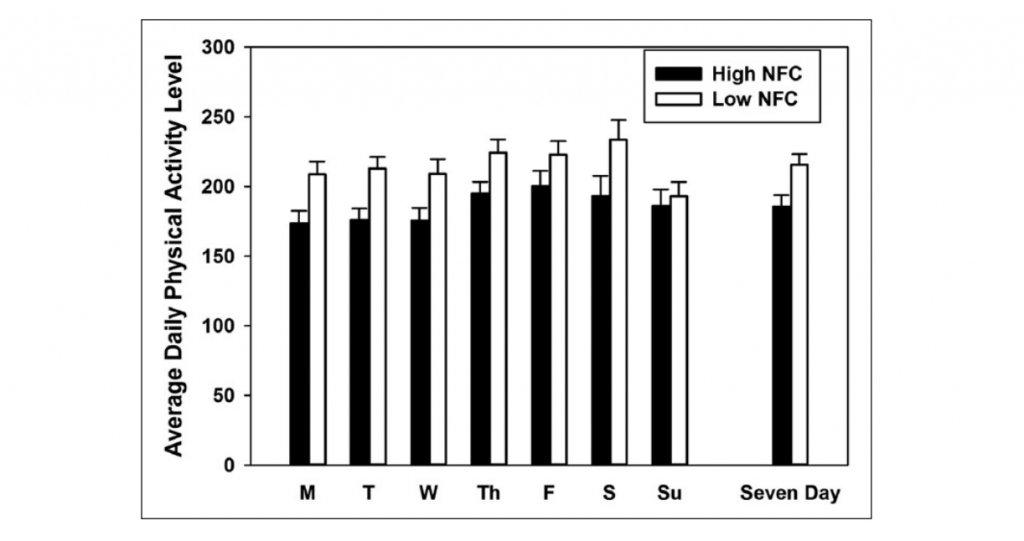The Brainy Paradox: Is Being Lazy a Sign of High Intelligence?

©️ storyset / Freepik
Is being lazy a sign of high intelligence? Bill Gates has been quoted as saying he chooses a lazy person for a hard job because they find efficient ways to do it. He might have been into something.
In a US-based study, researchers from Florida Gulf Coast University have presented findings that challenge conventional wisdom. The study, published in the Journal of Health Psychology, explores the relationship between intelligence, boredom, and physical activity levels.
The ‘Need for Cognition’ Test
The researchers administered the classic ‘need for cognition’ questionnaire, a test dating back three decades, to a group of students. This questionnaire prompted participants to rate their agreement with statements such as “I really enjoy a task that involves coming up with new solutions to problems” and “I only think as hard as I have to.” Following the test, 30 participants labeled as ‘thinkers’ and 30 as ‘non-thinkers’ were selected from the pool of candidates for further investigation.

Over the next seven days, both groups were equipped with wrist-worn tracking devices that monitored their movements and activity levels. The continuous stream of data provided valuable insights into how physically active each group was during the week.
Is Laziness a Sign of Intelligence?
The results of the study unveiled a surprising trend. The ‘thinking’ group exhibited significantly lower levels of physical activity compared to their ‘non-thinking’ counterparts throughout the week. The researchers considered the unexpected finding as “highly significant” and “robust” in statistical terms. The study challenged preconceived notions about the correlation between intelligence and physical engagement.
In other words, the article suggests that individuals with higher IQs tend to spend more time lazing around than their more physically active counterparts. So being lazy might be a sign of high intelligence after all.

Curiously, the researchers found no significant differences in activity levels between the two groups during weekends. This phenomenon remains unexplained. The weekend anomaly adds complexity to the study’s interpretation. It leaves researchers to ponder whether external factors or individual preferences contribute to this particular aspect of the findings.
Possible Explanations
The study suggests that individuals with higher intelligence may be less prone to boredom. This leads them to spend more time in contemplative thought rather than engaging in physical activities. On the flip side, the researchers propose that less intellectually inclined individuals may be more susceptible to boredom. This prompts them to seek constant physical stimulation to occupy their minds.
Health Implications
Todd McElroy, the lead researcher, warns against the negative impact of a sedentary lifestyle. Despite the potential cognitive benefits of being a ‘thinker,’ the health risks associated with prolonged periods of inactivity cannot be overlooked. McElroy emphasizes the importance of increasing activity levels to promote better health, regardless of their intelligence.

The Role of Awareness
According to the Independent, the British Psychological Society, commenting on the study, suggests that awareness could be a crucial factor. It encourages more thoughtful individuals to combat their lower average activity levels. By being conscious of their tendency to be less active and understanding the associated health costs, individuals with higher intelligence may choose to integrate more physical activity into their daily routines.
Caution in Generalization
While the study presents a thought-provoking paradox, it’s essential to approach the findings with caution due to the relatively small sample size of participants. Generalizing these results to broader populations requires further exploration and validation through larger and more diverse studies.
In unraveling the complex relationship between intelligence, boredom, and physical activity, this study challenges our assumptions about the behaviors of brainy individuals. The unexpected link between high IQ and lazier tendencies opens up new avenues for research into the intricate interplay between the mind and body.
As we delve deeper into this intriguing paradox, it becomes clear that understanding the nuances of human behavior requires a holistic approach that considers both cognitive and physical dimensions.
You might also want to read: Brain Health Habits to Improve Mental Health


